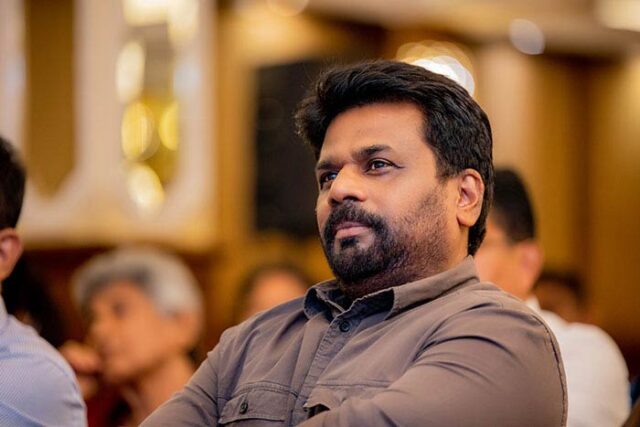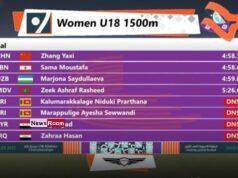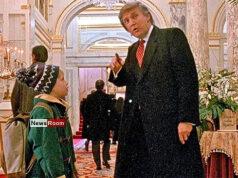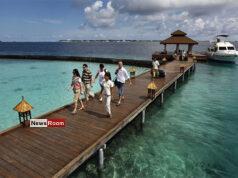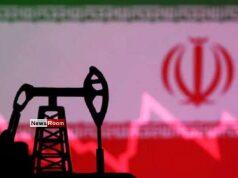By Rathindra Kuruwita
The misuse of state property has decreased drastically compared to the situation prior to the 21 September presidential election, Rohana Hettiarachchi, says Executive Director of the People’s Action for Free & Fair Elections (PAFFREL).
Hettiarachchi said yesterday that overall the 21 September presidential election had been one of the cleanest elections Sri Lanka had ever seen.
“The massive misuse of state property was the only problem with the September presidential election. We even went to court seeking an end to this. We don’t see such misuse of state property now,” he said.
Hettiarachchi said that there had been recent controversies regarding appointments to state institutions. “When the government changed on 22 September, many politically appointed individuals resigned. The current government has since filled those vacancies notwithstanding the declaration of a parliamentary election. They have also resumed some projects that were halted during the presidential election period. We had a discussion with the Election Commission, and it was agreed that if the government was not permitted to fill certain vacancies left by the previous administration’s appointees, those institutions would be unable to function. Furthermore, there were concerns about how long these posts could remain vacant, especially with local government and provincial council elections approaching. However, there will be no new appointments or new development projects during election times,” he said.
The Executive Director of PAFFREL said the Anura Kumara Dissanayake administration had been discussing a potential increase in state employees’ salaries. However, that discussion had begun only after the Opposition parties called on the government to implement such a raise. “We do fee that the decision to allocate 11,000 acres of land in Kantale for distribution among farmers could be used for political purposes. There have been several complaints, but overall, the misuse of state resources has significantly declined, and I hope this trend will continue,” he said.
As for the parliamentary polls, there have been some election related violence and some assaults. This is something inevitable given that over 8,800 candidates are in the fray.
“There are some complaints about teachers engaged in election campaigning, especially in the Northern Province. There has been an increase in the use of posters. However, these are insignificant compared to incidents during the previous parliamentary elections,” he said.
Hettiarachchi said that political parties were vying with one another to claim the dominant position in the Opposition, instead of winning the election. That had also led to a dampening of enthusiasm, he noted.
A candidate for Colombo can spend about Rs 5.7 million for his or her campaign. “They have to spend this carefully. If you advertise in mainstream newspapers, you will blow the money within a few days,” he said.
The PAFFREL Executive Director added that there was uncertainty among politicians whether they could win the election. If they lose all the money they spend would go to waste. “Previously, political parties had some idea about how many seats they could win in an election. This is much more difficult to do now, therefore political parties themselves are hesitant to spend money. There is also doubt among politicians whether it would be possible to recover the costs of campaigning during the next five years,” he said.
Executive Director – Institute of Democratic Reforms and Electoral Studies (IRES), Manjula Gajanayake said that political parties were already showing signs of fatigue as they had to mobilise resources and party machinery to contest back-to-back elections. These signs of fatigue will show in 2025, when two more elections, i.e., local government and provincial council elections, are to be held.
“Sri Lanka did not have any election for over four and a half years because the Gotabaya Rajapaksa and Ranil Wickremesinghe administrations did not hold scheduled elections citing various reasons. It is because these administrations deliberately postponed the elections that President Anura Kumara Dissanayake has had to hold a series of elections, which have been postponed. We already had the Elpitiya local government election and we will have the parliamentary election next week,” he said.
Gajanayake said that the political leaders who had postponed elections in the past few years for narrow political gain, were now suffering the consequences of their actions.
Let’s compare the campaign during postal voting during the presidential and parliamentary elections. Postal voting during the presidential election saw millions of social media posts intended for state employees eligible for postal voting, and many state employees also actively shared their opinions on social media and WhatsApp groups. That kind of enthusiasm was not there for postal voting during the parliamentary election,” he said. On the other hand, this is the first parliamentary election after 1977, with campaign finance laws in place.
Gajanayake said that there were close to 9,000 candidates and they must take campaign finance laws seriously. All the candidates must appoint an agent who is in charge of preparing the expenses reports, he said.
The IRES Executive Director said that a large number of established politicians were not contesting the general election. “Compared to previous parliamentary elections, this is the election where the most MPs and former ministers, from the previous parliament, are not contesting,” he said.
“Most of these former MPs and ministers were among the highest spenders during previous elections. This is one of the reasons why there is less promotional material,” he said.
Gajanayake said that because of the requirement for campaign finance reporting, it had become much more difficult to launder money compared to previous elections. For example, previously a candidate could print any amount of posters and there was no need for him to document how he got the funding and who his donors were.

